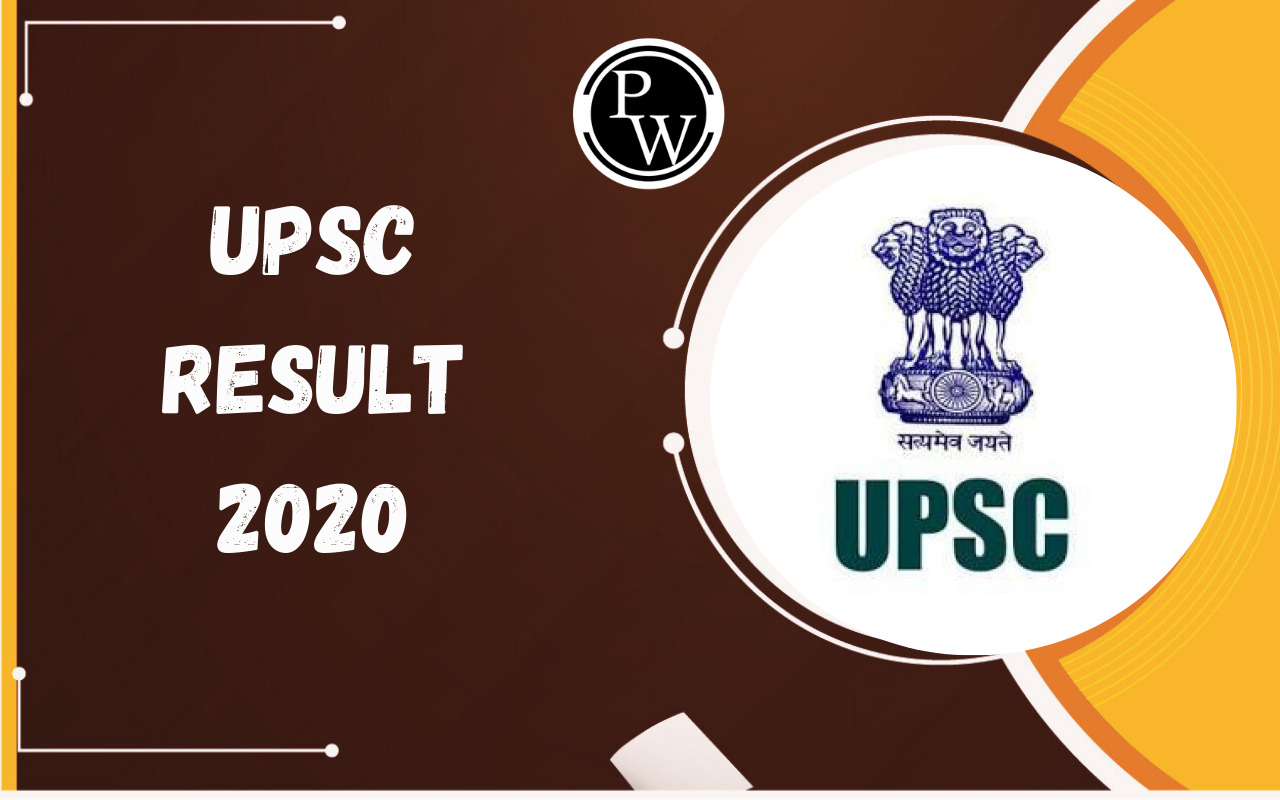
Environment Conventions and Protocols for UPSC: In the UPSC Mains 2024 GS III paper, the understanding of key environmental conventions and protocols is crucial. Candidates should study Environment Conventions and Protocols for UPSC Mains as these agreements play a key role in global environmental governance.
Familiarity with these conventions and their objectives will be helpful to answer questions in the environment section. A list of important Environment Conventions and Protocols for UPSC Mains 2024 is shared here that can be used to score well in this section.Environment Conventions and Protocols for UPSC Mains 2024
Environment convention and protocol is a high-yield topic for the UPSC Mains GS III paper . Environment Conventions and Protocols for UPSC are often confused as similar, but they serve distinct purposes:- Environment Conventions are formal agreements between countries designed to address specific environmental issues. These conventions are typically negotiated through international organizations and can carry legal obligations for the signatory nations.
- Protocols are agreements drafted by diplomats as preliminary steps toward a final convention or treaty, which may take years to complete. They amend or update existing conventions, but not all countries that ratify the original convention are automatically bound by these changes.
Important Environment Conventions for UPSC Mains 2024
Over the years, various environmental conventions have played a crucial role in global efforts for biodiversity conservation. Understanding these environment conventions and protocols for UPSC is essential, as many related questions may be asked in the GS 3 paper. Some important environment conventions for UPSC Mains are:United Nations Convention On Biodiversity (UNCBD)
Established in 1992 during the Rio de Janeiro Earth Summit, this convention aims to conserve biological diversity, ensure sustainable use of its components, and promote fair sharing of benefits arising from genetic resources. India enacted the "Biological Diversity Act" in 2002 to implement the Convention on Biological Diversity. The implementation of the UNCBD is supported by various protocols, including the Nagoya Protocol, which focuses on access to genetic resources and the fair sharing of benefitsUnited Nations Framework Convention on Climate Change (UNFCCC)
The UNFCCC is a crucial environmental convention for UPSC Mains 2024. It is an international treaty on climate change , created at the 1992 Earth Summit in Rio de Janeiro and effective from March 21, 1994. With 197 parties, it aims to stabilize greenhouse gas concentrations to prevent dangerous interference with the climate system. It initially lacked binding emission limits, which were added by the Kyoto Protocol (1997).Ramsar Convention
The Ramsar Convention on Wetlands, signed in 1971 in Ramsar, Iran, and effective in India since 1982, aims to promote sustainable development by conserving wetlands through global cooperation. It designates internationally important wetlands and maintains the Montreux Record for those facing ecological changes. As of 2024, India has 85 Ramsar sites , with Nanjarayan Bird Sanctuary and Kazhuveli Bird Sanctuary in Tamil Nadu, and Tawa Reservoir in Madhya Pradesh being the latest edition.Convention on International Trade in Endangered Species of Wild Fauna and Flora (CITES)
CITES also known as the Washington Convention, was established in 1973 following an IUCN decision. It officially came into force in July 1975 . With 184 Parties, it aims to protect wild animals and plants from international trade threats. Managed by UNEP in Geneva, CITES is legally binding and provides a framework for national implementation, requiring Parties to create domestic laws to enforce its provisions. India joined CITES in 1976.Vienna Convention for the Protection of the Ozone Layer
Adopted in 1985, it aims to protect the ozone layer by controlling the production and consumption of substances that deplete it. The convention was established in response to 1970s evidence of CFCs harming the ozone layer. The Vienna Convention came into force on September 22, 1988, after 20 states ratified it. It has since been signed by 198 parties, making it one of the most successfully ratified treaties. This convention sets a framework for protecting the ozone layer, detailed in the Montreal Protocol.List of Environment Protocols for UPSC Mains 2024
Another major area to cover is environmental protocols for UPSC Mains. Knowledge of these important protocols will help you give concrete information in answers to fetch good marks:| List of Environment Protocols for UPSC Mains 2024 | |||
| Protocol | Adopted | Associated Convention | Key Objective |
| Kyoto Protocol | 1997 | UNFCCC | Sets binding targets for industrialized countries to reduce greenhouse gas emissions. |
| Montreal Protocol | 1987 | Vienna Convention | Phases out the production and consumption of ozone-depleting substances. |
| Nagoya Protocol | 2010 | CBD | Addresses access to genetic resources and ensures fair and equitable sharing of benefits. |
| Paris Agreement | 2015 | UNFCCC | Aims to limit global warming to well below 2°C, striving for 1.5°C. |
| Cartagena Protocol on Biosafety | 2000 | CBD | Protects biological diversity from risks posed by genetically modified organisms. |
| Kigali Amendment | 2016 | Vienna Convention | Updates the Montreal Protocol to phase down the use of hydrofluorocarbons (HFCs) to combat climate change. |
Environment Conventions and Protocols for UPSC Mains FAQs
What is an environmental convention and protocol for UPSC Mains?
Environmental conventions are formal agreements between countries to address specific environmental issues, while protocols are detailed agreements that often follow conventions, specifying the steps needed to meet the goals of the conventions.
How can I cover environmental conventions and protocols for UPSC Mains 2024?
To cover environmental conventions and protocols for UPSC Mains 2024 visit ‘https://pwonlyias.com/upsc-notes/environment-conventions/’.
What is the purpose of the Kyoto Protocol?
The Kyoto Protocol aims to set binding targets for industrialized countries to reduce greenhouse gas emissions and combat climate change.
What is the difference between the UNFCCC and the Kyoto Protocol?
The UNFCCC is a framework convention to stabilize greenhouse gas concentrations, while the Kyoto Protocol is an agreement under the UNFCCC that commits them to do so.
What does the Ramsar Convention do?
The Ramsar Convention promotes the conservation and sustainable use of wetlands through global cooperation, designating wetlands of international importance.
🔥 Trending Blogs
Talk to a counsellorHave doubts? Our support team will be happy to assist you!

Check out these Related Articles
Free Learning Resources
PW Books
Notes (Class 10-12)
PW Study Materials
Notes (Class 6-9)
Ncert Solutions
Govt Exams
Class 6th to 12th Online Courses
Govt Job Exams Courses
UPSC Coaching
Defence Exam Coaching
Gate Exam Coaching
Other Exams
Know about Physics Wallah
Physics Wallah is an Indian edtech platform that provides accessible & comprehensive learning experiences to students from Class 6th to postgraduate level. We also provide extensive NCERT solutions, sample paper, NEET, JEE Mains, BITSAT previous year papers & more such resources to students. Physics Wallah also caters to over 3.5 million registered students and over 78 lakh+ Youtube subscribers with 4.8 rating on its app.
We Stand Out because
We provide students with intensive courses with India’s qualified & experienced faculties & mentors. PW strives to make the learning experience comprehensive and accessible for students of all sections of society. We believe in empowering every single student who couldn't dream of a good career in engineering and medical field earlier.
Our Key Focus Areas
Physics Wallah's main focus is to make the learning experience as economical as possible for all students. With our affordable courses like Lakshya, Udaan and Arjuna and many others, we have been able to provide a platform for lakhs of aspirants. From providing Chemistry, Maths, Physics formula to giving e-books of eminent authors like RD Sharma, RS Aggarwal and Lakhmir Singh, PW focuses on every single student's need for preparation.
What Makes Us Different
Physics Wallah strives to develop a comprehensive pedagogical structure for students, where they get a state-of-the-art learning experience with study material and resources. Apart from catering students preparing for JEE Mains and NEET, PW also provides study material for each state board like Uttar Pradesh, Bihar, and others
Copyright © 2026 Physicswallah Limited All rights reserved.









